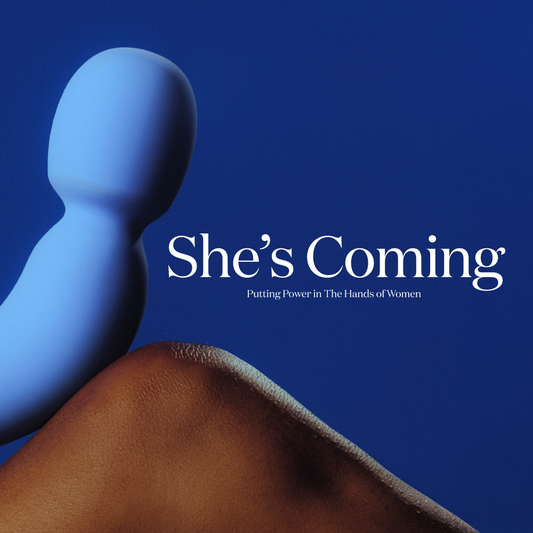TL;DR
- In her testimony about her conservatorship, Britney Spears revealed that she was prevented from removing her IUD.
- This high-profile case has shined a light on reproductive justice, and lack thereof for people with disabilities.
- The best way you can support disabled people's reproductive rights is educate yourself about the issue and support advocacy organizations.
- Educate yourself and your network on the discrimination disabled people face when it comes to their right to parent. Disabled people also face a lot of barriers in accessing basic reproductive healthcare, and even experience discrimination when trying to become pregnant or adopt. While we are, thankfully, beginning to see more and more providers discussing the gaps in quality healthcare based on gender, disability remains a woefully under-discussed and unsupported aspect of our efforts to progress comprehensive reproductive and sexual wellness.
- Support all disabled people’s rights by researching advocacy organizations and offering them support with your resources, your platform, or your skills. The Disability Rights Education and Defense Fund, for example, works to advance the civil rights of disabled people by pushing for just and inclusive policy change, training attorneys and advocates, as well as offering resources for disabled people and parents of disabled people. And, importantly, it was founded by disabled people and their families.
- Finally, check in with yourself and determine the best ways to take care of yourself. It’s very possible that the news of Britney’s forced IUD and the frenzy surrounding it has brought up difficult feelings and possibly even triggered some trauma of your own, especially if you or someone you love has been subjected to a similar kind of control or exploitation. It may be beneficial, for example, to set limits when it comes to how much media you’ll consume and reach out to your support network to talk about how it’s affecting you. And always remember: your pleasure and your body are your own.



















































